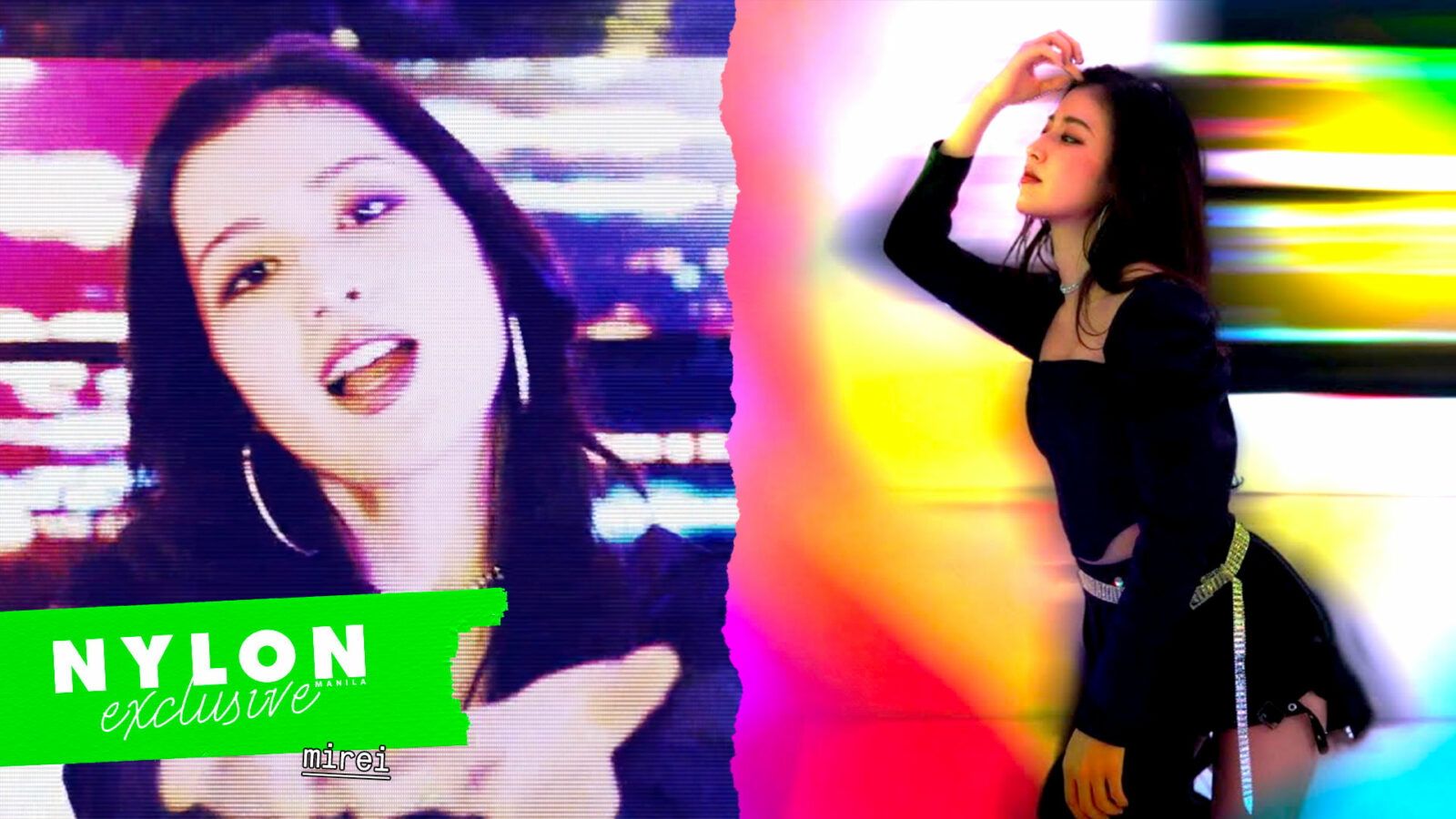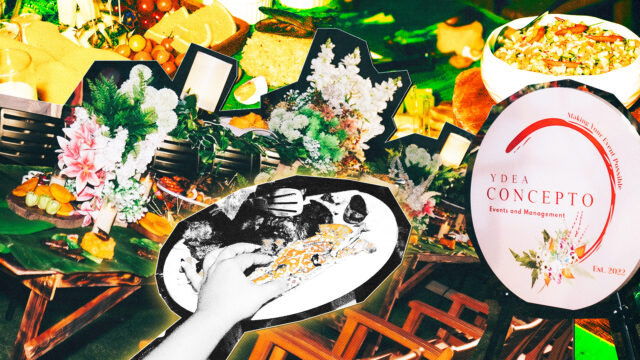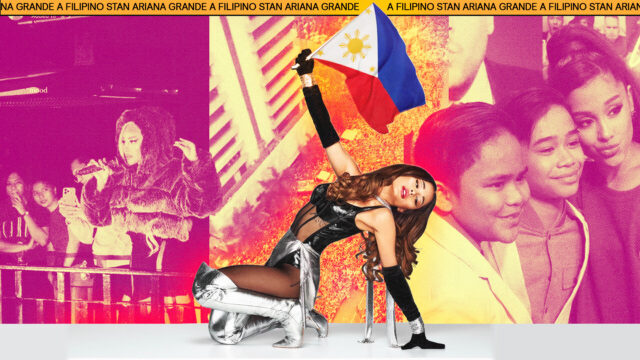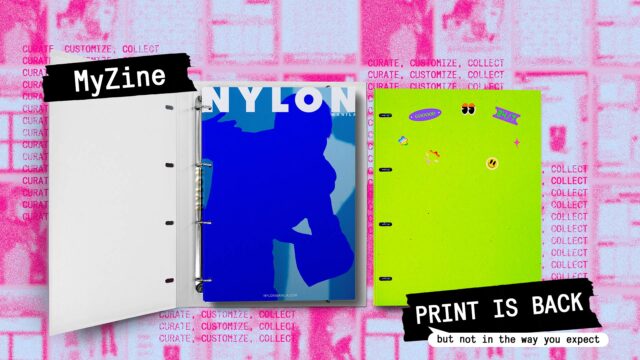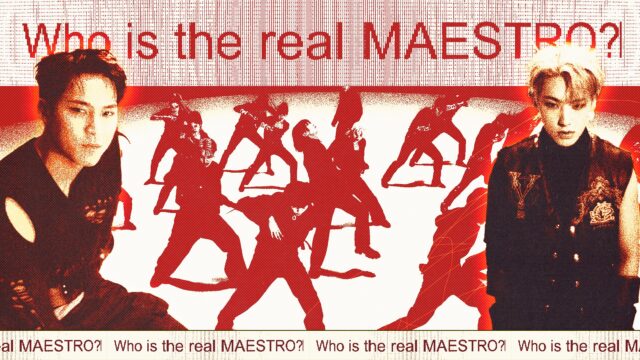FYI, the idol life isn’t all that it’s hyped up to be as heard in MIREI’s true-to-life single, IDOL.
Related: Nina Nesbitt Keeps It All In Love (And The Family) With Her New Album, ‘Älskar’
K-pop, J-pop, and the concept of the idol in popular music isn’t a new. These have excited and entertained the music industry for decades. But the past years has seen this concept reach new heights. As J-pop remains a force, K-pop continues its global domination, and more countries adopt the idea of the idol group to their artists, this template has become an appealing career move for many people. But behind all the glitz, glamour, costumes, and polished presentation is an industry that is known to have skeletons in the closet.
Like with most aspects of the entertainment industry, the idol industry is cutthroat, one that isn’t afraid to tear down the innocence of youth just so they can fit certain standards. Most fans see the perfect dream in idols, but those bright smiles can hide a taxing life. It’s not just the pressures of having the talent to perform like pros on stage, but also appealing to a certain physical standard, often to the detriment of the idol’s physical and mental health. This is something Japan-based musician MIREI knows all too well. And she’s using her new song to call out the industry’s dark side.
I DON’T WANNA BE AN IDOL
MIREI is no stranger to using her music to call out injustices in the world. Her 2020 English-language debut album, Take Me Away, touched upon heavy topics such as sexism, abuse, sexual violence, conformist culture, and the like. This take on her music can be felt in tracks like Lonely in Tokyo, a single from the album that revolved around the dark side of Japan’s city life and entertainment industry. And MIREI is bringing that same energy to her latest single, IDOL.
Awash in an almost euphoric blend of R&B, pop, and electronic beats, IDOL sheds light on the struggles she faced within the music industry. MIREI has been active in the music industry for years, so she knows first-hand how shady things can get as the music industry forms its new batch of idols. True to her style, MIREI doesn’t hold back as she touches upon the sacrifices young girls make just so that they can follow their dreams.
The result is a clear-cut track that speaks from the heart and opens up a needed conversation about the perils of the idol lifestyle. Following the track’s release, NYLON Manila had the chance to talk to MIREI where she opened up about her new song, idol culture, and the power of being uniquely you.
What was the inspiration behind IDOL?
Since I started my English career in 2020, I’ve got a lot of reactions to my creations. Many of my listeners are fans of Asian idols—mostly Korean and Japanese. Maybe that’s why sometimes I get asked questions like, ”Why didn’t you choose to be an idol?” I’ve never answered such questions because I wanted to make the reason very clear. While I trained myself to be a professional singer and built my career in Tokyo, the reason why I sing and express myself became more and more obvious and necessary for me. So, this song is my response to that unanswered question.
What was the process like working on IDOL and having to tap into those negative moments in the industry?
IDOL was recorded in the middle of the pandemic over Zoom between Tokyo (me), Brooklyn (Shiftee), and LA (producer Zak Leever). I made sure to write my own true story about what happened to me. Every time I write it feels like therapy, which results to a song being born.
Which part of the track feels the most personal to you?
“I had to learn to fight, figure out how to make a plan, I’m not a success if I give up who I am.”
This part is so personal. Every time I sing this line, I feel like I’m repressing something deep in my heart, just like I used to do when I had to fight against power. There were so many moments I felt like I should give up being myself and fit in with their ideal person, which isn’t obviously me. Actually, I’ve tried to be, but I couldn’t lie. Looking back, I’m glad I didn’t, because now I can sing this song out loud.
The song’s music video stars Kanon, your friend and a former J-pop group member. Was that a conscious decision on your part to feature a former J-pop idol as the star of the video?
She’s starred in my music videos since my very first one, and I’m so thankful for her always playing such complicated roles. Just like my music, I want to make my videos a continuous story and that’s the main reason I keep asking her to be in my videos. I think this video in particular is very personal for her, so I wanted her to be herself. I’m the one who chose not to be a group member, but she once did. I expressed my view in my scenes and asked her to express her view in hers—I wanted to show both sides in IDOL.
While IDOL talks about the dark side of the music industry, you also allude to not wanting to be controlled. Where do you find the strength to overcome these challenges and find that personal power?
I’m not sure I have strength or power, I just can’t lie to myself. Being true to myself is my core and when it’s attacked by someone, I’m unbalanced and I feel like I’m dying. I realized that’s my core—by feeling like dying several times. I learned how to fight, write, and sing to survive. It’s not because I was strong, but I just had to do them for my life. I think many people are confused about what lies at the core of their life, just like I once was, so I hope my words could be a hint to them.
With all that you know now, would you say working in the music industry is still worth it?
Yes, it is! The power of music is great. I could not talk about myself or the song with you if I wasn’t in the industry anymore and that’s tragic. Most of all, I feel amazing every time my song is delivered to my fans. No matter how hard it is to keep up with the industry, there’s no reason for me to stop singing if I have my fans.
How do you personally feel about kids and young teens who say that they want to be idols just like the K-pop or J-pop idols they follow?
I feel worried about them since it’s not an easy career that everyone can easily deal with. Being an idol isn’t only about singing and dancing on the stage. When you’re an idol, people hold you to a much higher standard than they would expect of others—ignoring basic human rights like banning romantic relationships or forcing certain body types. If you can enjoy being an idol by making fans’ dreams come true through your unimaginably hard work, then it’s good. But if you’re not strong enough, then it might break you, so I need them to consider it seriously.
This isn’t the first time you’ve used your music to discuss important issues. With that being said, do you ever get nervous that your music will get you into trouble?
It was a big decision for me to release Lonely In Tokyo, and it made me feel connected to my fans, but I got a lot of hate comments too. I know how hard it is to speak out and face people who have different opinions and attitudes. I can say it because I’m healed now, but at a certain point, I was too scared to open my socials. But another thing I learned is that no matter what I sing, there are people who’ll disturb me and I don’t really care about them anymore. Those experiences led to me writing this song, so I’m thankful for those moments.
If you could speak to your teenage self who just began making music, what would you say to her?
Don’t hesitate to feel everything. I know you’re concerned about being too emotional, and you might be, but it’ll make you and your art original. You don’t have to be scared to feel both positive and negative. Just express it. Your emotions are amazing and once you turn them into music, everyone will love it!
What do you think is one thing more people should know about when it comes to working in the entertainment industry?
For musicians, there’s nothing better than a fan’s love. Once you’re in the industry, it’s business. We have to make our voice and songs products with prices and face the numbers of streams, views, and followers daily. That creates a conflict between the artist side of us and the business side of us. Balancing them is much harder than you think mentally. So, when you love someone’s music, please show your love for them. It will heal both sides of your favorite musician.
What advice would you give to other young artists out there hoping to make it big someday?
Nothing makes you honest like music can, so be true to yourself when you’re making music. That’ll make your art original and beautiful. Also, I don’t want you to compare your songs or voice to others. Be proud of your originality, because that’s the most amazing thing about being an artist.
What do you hope people take away from “IDOL” and its music video?
I shared my story of deciding to be a singer-songwriter not an idol in the song, but it’s not only that. To me, this song is about making sure and being proud of the fact that I’m the only me who can be me. I think there are moments when you’ll be half-forced to be someone that you’re not. This song is for those moments to keep you strong, and I want you to know that you’re not the only one standing up to be yourself, you’re not alone. I’m with you, carrying this song wherever and whenever you are.
Continue Reading: How Ariana Grande Inspired Ruth Garcia To Make Music
